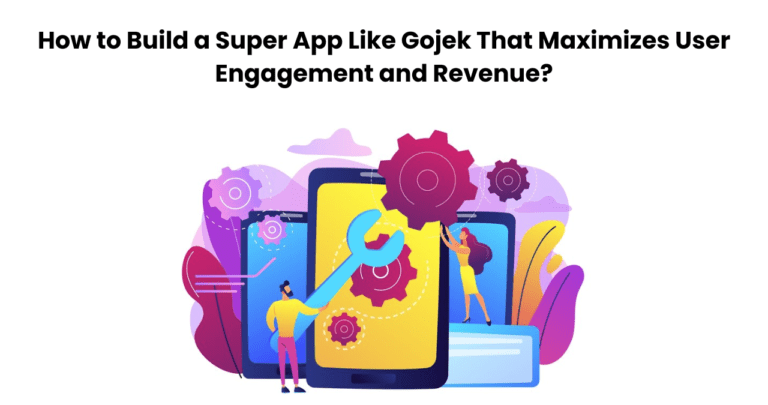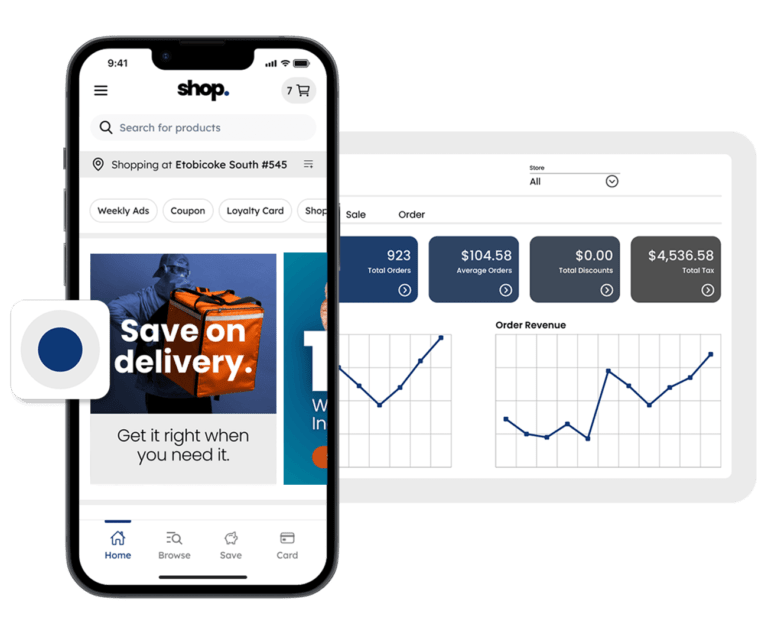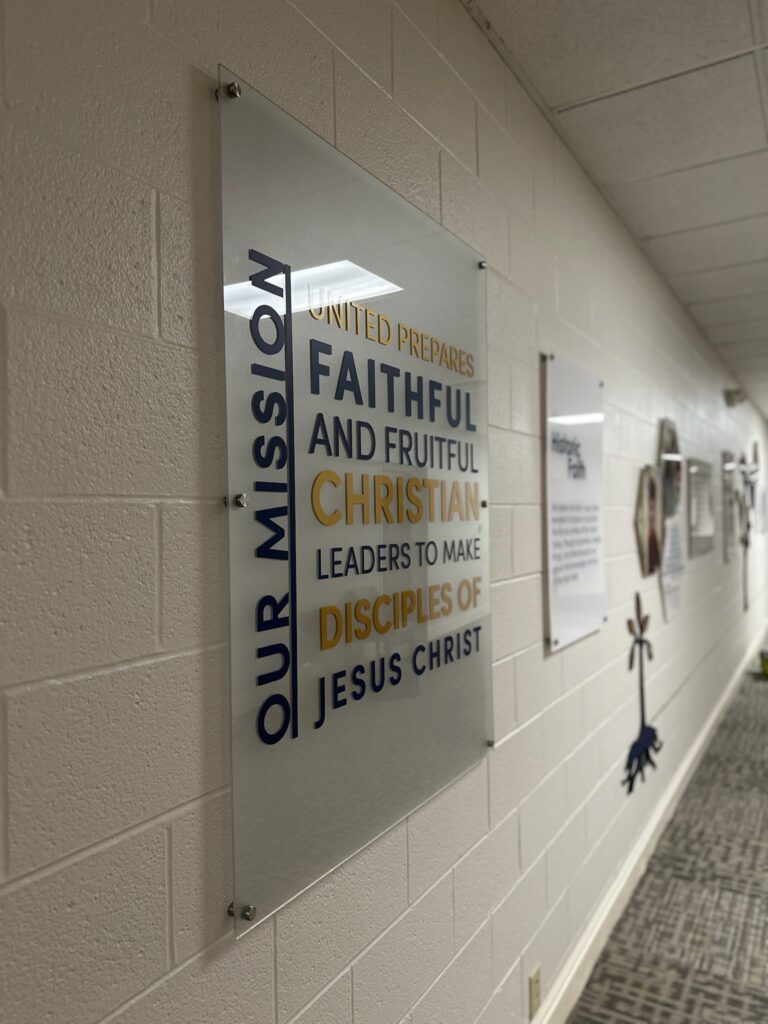Customer Relationship Management (CRM) systems have long been associated with sales pipelines, marketing automation, and customer data management. But beneath the commercial engine that drives revenue and customer loyalty lies a powerful, often underappreciated force: the ability of CRM platforms like Salesforce to empower mission-driven organizations, nonprofits, and socially responsible businesses to drive meaningful, measurable change.
At its core, Salesforce is more than a business tool; it’s a digital framework for organizing, scaling, and sustaining human impact. When implemented with intention, it becomes a catalyst for purpose-driven missions, enabling organizations to connect with their communities, optimize resources, and deliver long-term value aligned with social goals.
The Shift Toward Purpose-Driven CRM
Modern organizations nonprofit or otherwise operate in increasingly complex environments. Stakeholder expectations are higher, transparency is non-negotiable, and the need to prove impact with data is critical. Traditional systems, built for administrative tasks or donor tracking, often fall short in helping these organizations keep up with their evolving roles.
Salesforce, with its cloud-based architecture and highly customizable structure, allows organizations to shift from reactive, fragmented operations to proactive, insight-driven engagement. Whether it’s tracking beneficiary interactions, optimizing fundraising campaigns, managing volunteers, or mapping out community programs, the platform becomes a digital nervous system connecting all parts of a social mission.
This is not just about digital tools it’s about reshaping how organizations view relationships. Every volunteer, donor, advocate, and beneficiary becomes a unique touchpoint in a larger ecosystem of change.
Customization that Reflects Your Mission
One of Salesforce’s most powerful attributes is its flexibility. Unlike rigid, one-size-fits-all solutions, Salesforce adapts to your mission not the other way around. This means organizations can build workflows that reflect how they actually operate, rather than bending their processes to fit the software.
Need to manage grant applications, track educational outcomes, or organize disaster response logistics? Salesforce enables you to create objects, fields, and dashboards that mirror your unique needs, while still integrating them into a centralized platform. This customization ensures every action is aligned with the larger vision of impact.
However, achieving this level of alignment requires more than just software knowledge. It demands strategic foresight, technical skill, and a deep understanding of both the platform and your mission. This is where a Salesforce implementation company becomes essential.
The Role of Salesforce Implementation Partners in Social Impact
Implementing Salesforce is not a plug-and-play process. For organizations dedicated to social good, the stakes are even higher budgets are tight, teams are lean, and impact is mission-critical. Partnering with a Salesforce implementation company brings clarity, structure, and momentum to your transformation journey.
These partners specialize in understanding your organizational goals and translating them into a customized Salesforce architecture that serves your specific mission. They manage everything from initial discovery and data migration to user training and system optimization.
A skilled implementation partner doesn’t just configure features, they co-create solutions. They work side-by-side with program managers, fundraisers, and community leads to ensure the technology reflects real-world workflows. This strategic collaboration helps minimize disruption and ensures early wins that build internal trust in the new system.
Moreover, implementation companies often have deep experience working with purpose-driven organizations. They know the unique compliance requirements, funding challenges, and reporting standards that nonprofits, NGOs, and CSR-focused enterprises must navigate. This contextual knowledge turns a technical build into a mission-aligned foundation.
Data-Driven Impact and Real-Time Insights
Impact is no longer anecdotal. Today, organizations need to demonstrate results using real-time data, tracked against clear metrics. Salesforce excels in this area by enabling organizations to create custom dashboards and reports that visualize outcomes and progress across any set of indicators.
From tracking the number of meals served to analyzing the reach of a mental health awareness campaign, Salesforce provides the clarity needed to make informed decisions quickly. With Einstein Analytics and AI tools, the platform even helps predict trends, optimize resource allocation, and anticipate beneficiary needs before they arise.
This intelligence transforms how organizations advocate, plan, and grow. It elevates internal conversations from intuition to evidence, and external storytelling from vague claims to data-backed narratives.
Collaboration and Community Engagement
Social impact thrives on collaboration. Whether you’re working with volunteers, funders, or partner organizations, Salesforce fosters alignment through shared visibility and communication tools. With Salesforce Experience Cloud, for example, stakeholders can engage through dedicated portals, access key documents, and participate in program updates—creating a transparent, collaborative ecosystem.
Internally, team members can use Salesforce’s Chatter and automation features to streamline updates, assign tasks, and track accountability. For organizations where every hour counts, these efficiency gains translate directly into greater service capacity and deeper community outreach.
Future-Proofing Social Missions
As missions evolve and challenges grow more complex, organizations need platforms that scale with them. Whether expanding into new geographies, launching new initiatives, or responding to a crisis, Salesforce’s modular design ensures you’re never boxed in by your tools.
The AppExchange ecosystem further extends functionality, allowing organizations to plug in tools for surveys, accounting, SMS communication, e-signatures, and more. This extensibility helps future-proof social missions, ensuring that technology never becomes a barrier to growth.
And with ongoing support from a trusted Salesforce implementation partner, organizations can continue to refine their systems over time adapting to change without starting from scratch.
Conclusion
Salesforce is redefining what it means to manage relationships not just with customers, but with communities, causes, and change-makers. Its ability to unify operations, surface insights, and personalize engagement makes it a powerful ally for organizations committed to doing good.
But technology alone isn’t enough. It’s the thoughtful application of that technology guided by strategic expertise, aligned with purpose, and supported by a capable implementation partner that drives real, lasting impact.
In a world where purpose and performance must coexist, Salesforce CRM stands out as more than just a CRM. It’s a platform for good. And for those who use it with intention, it becomes a foundation for measurable, meaningful change.













